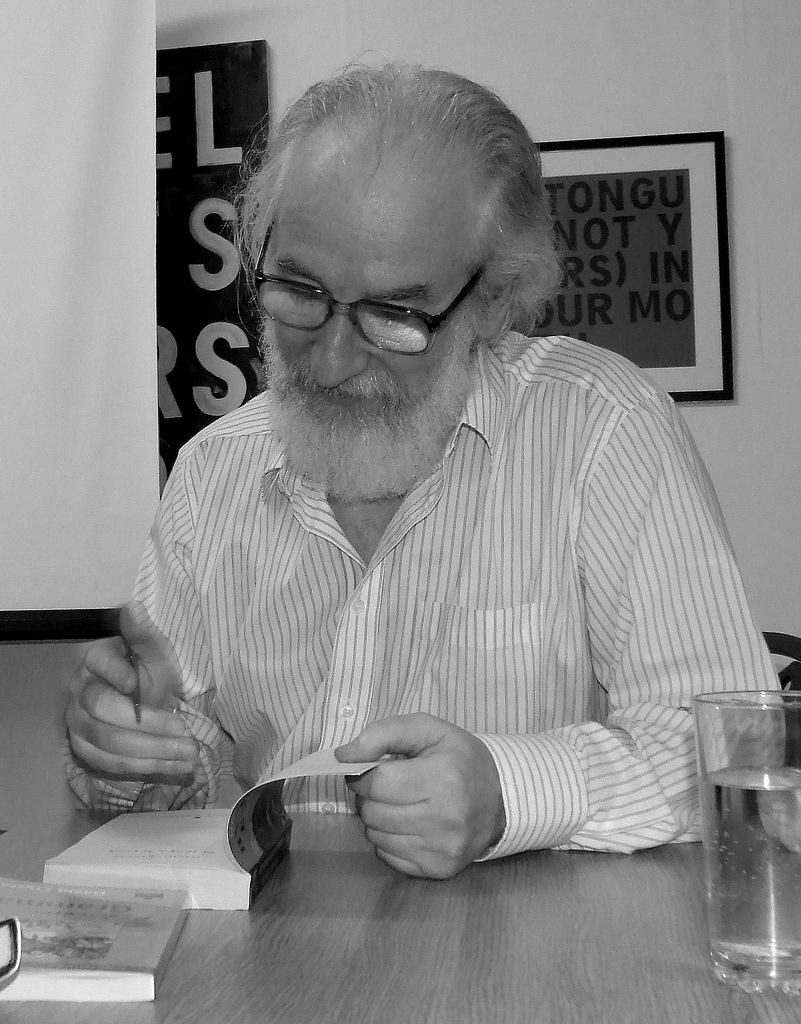“The only languages that do not change are dead ones.”
Fuente: How Language Works, 2007, p. 357
Contexto: However language began, one thing is certain – it immediately began to change, and has been changing ever since. Languages are always in a state of flux. Change affects the way people speak as inevitably as it does any other area of human life. Language purists do not welcome it, but they can do very little about it. Language would stand still only if society did. A world of unchanging linguistic excellence, based on the brilliance of earlier literary forms, exists only in fantasy. The only languages that do not change are dead ones.
